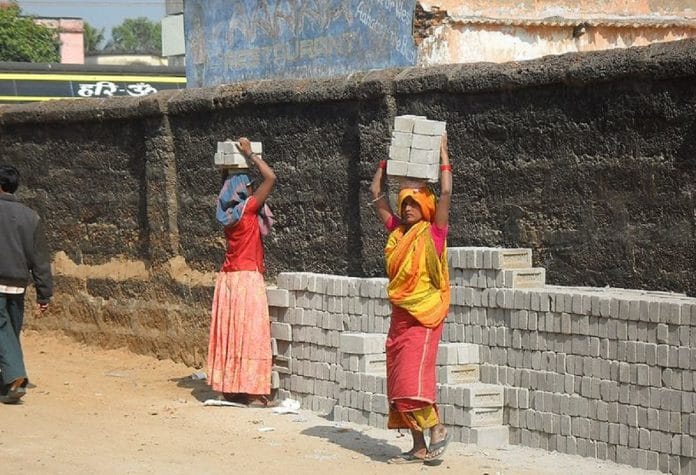New Delhi: Poor implementation of the Modi government’s ambitious nutrition scheme, the POSHAN Abhiyaan, may hold the country back from achieving its target of eradicating malnutrition by 2022, according to a report by the Centre for Science and Environment (CSE).
The POSHAN Abhiyaan was launched in 2018 with an allocated budget of Rs 9,046 crore for three years. Its aim is to make India malnutrition-free by 2022.
According to the State of India’s Environment report released Sunday, however, meeting the UN’s Sustainable Development Goals (SDG) on child malnutrition remains an uphill task.
The report states that the implementation of infant young child feeding (IYCF) practices promoted by the POSHAN scheme is poor and not reflected on the ground.
Appropriate ICFY practices include breastfeeding within an hour of birth, and continuing the process until the age of two. It also advocates that solid and semi-solid food should be introduced only after six months, and a child should get a diverse diet.
Also read: Fighting malnutrition is a Modi govt priority, but 2 ministries don’t agree on funding
‘States will take decades to achieve targets’
According to the report, India will take 32 years to achieve breastfeeding goals, with some states doing worse than others. Delhi, for instance, will take 83 years at the current pace to ensure all babies get breastfed within an hour of birth.
Sachin Kumar Jain, a social researcher at the Vikas Samvad Human Development Resource Organisation who authored the report, told ThePrint that women working in Delhi across sectors and different socio-economic classes do not have time to breastfeed their children.
“Labour contractors do not allow women even one hour in a day to let them breastfeed their children,” Jain said. “There is also no proper policy to help working mothers get a support system.”
Jain’s report adds that states also lag behind on the other aspects of malnutrition. It estimates that, at the current rate of progress, it will take between 23 years for Punjab and 100 years for Jharkhand to meet the SDG targets on stunting.
Considering the severity of the problem, the year-by-year targets of the scheme are also unambitious, the report said.
Also read: Now, Bangladesh set to steal march over India with GM rice that fights malnutrition
Damning assessment
The report not only takes a look at the burning issues of climate change and pollution, but also takes a stock of where all the states stand in their sustainable development goals.
According to the report, of the over one million child deaths in the country in 2017, more than 68.2 per cent were due to malnutrition.
The report is in line with other dismal assessment of India’s fight against malnutrition.
The Global Health Index, for instance, ranked India 102 out of 117 countries for 2017. In the last two decades, the country’s score has improved by just 21.9 per cent, while that of Brazil has improved by 55.8 per cent, Nepal by 43.5 per cent and Pakistan by 25.6 per cent.
This is despite India’s economy doubling since 1991 and the world’s largest programme to tackle child malnutrition, the Integrated Child Development Services (ICDS), being in force in the country since 1975.
This report has been updated to reflect the correct budget allocation for POSHAN Abhiyaan
Also read: How caste, marital rules & house work prevent rural women from eating nutritious diet







This PM has serious time horizon problems especially in underestimation of time it takes to do anything. . Farmers income double, in 3 years, India becomes $5 trillion economy in 5 years and now this POSHAN Abhiyan, whatever crap it is., in 3 years. God save Indians.